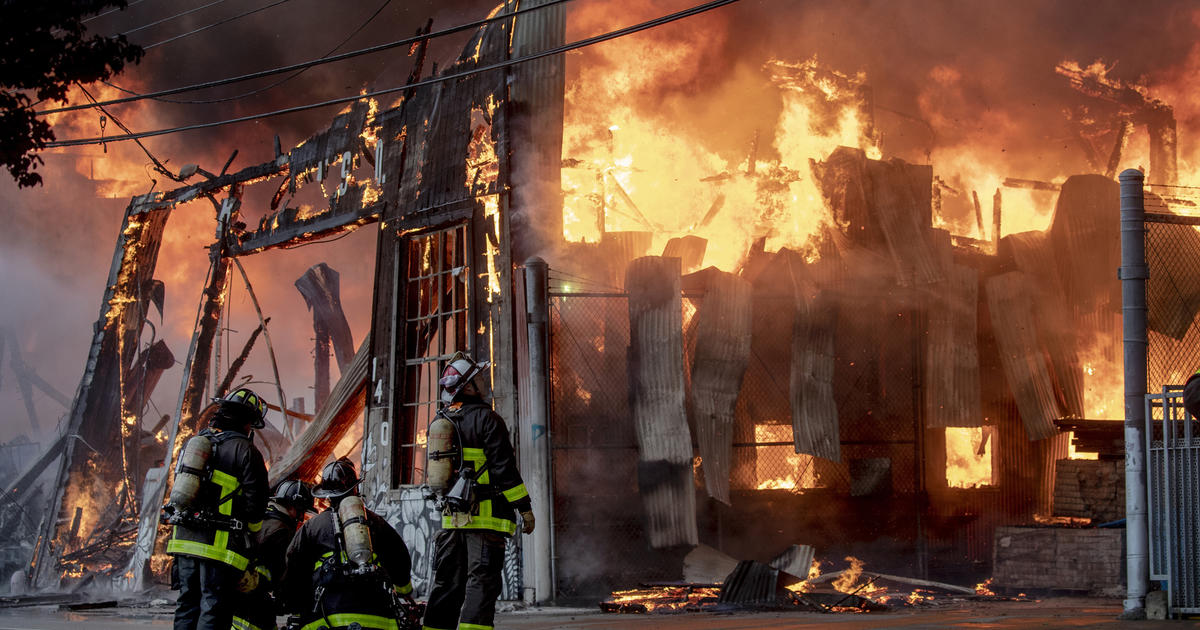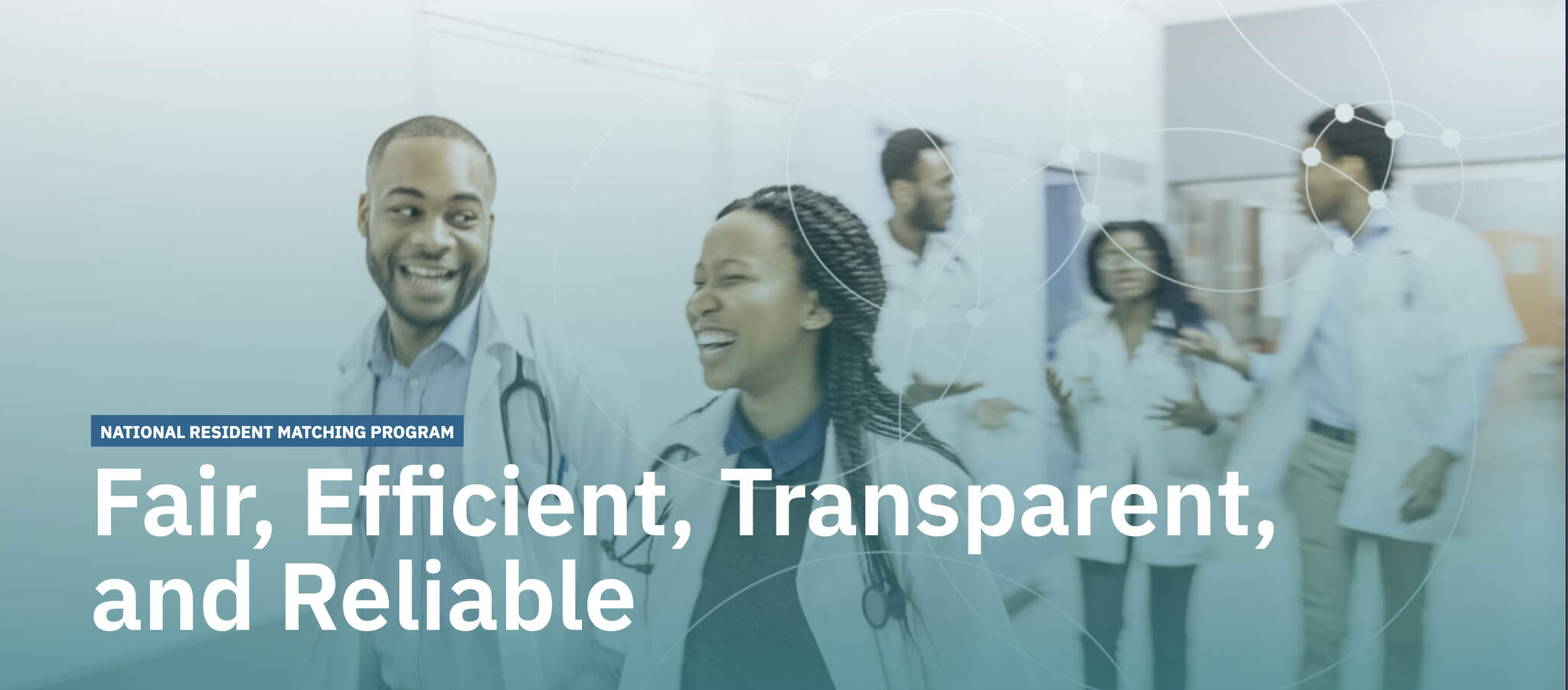- Joined
- Mar 20, 2011
- Messages
- 201
- Reaction score
- 47
Hello,
I graduated from a HYPS university and, for personal reasons, attended medical school in South Korea.
Now, I am considering coming back to the US for residency, specifically for psychiatry.
I understand that it's never that easy for FMGs to match into a US residency. I have the following two questions:
2) I understand the two main things I have to do is to take the USMLE and gain 4 weeks (?) of clinical experience in the form of clerkship or subinternship. Is there anything else that I should prepare in advance for the transition, for psychiatry in particular perhaps?
Thank you so much for your help.
I graduated from a HYPS university and, for personal reasons, attended medical school in South Korea.
Now, I am considering coming back to the US for residency, specifically for psychiatry.
I understand that it's never that easy for FMGs to match into a US residency. I have the following two questions:
- Since I am US citizen with complete fluency of the language and essentially only went abroad for medical school, would that confer some advantage over other FMGs when it comes to matching? Specifically, I am looking to match into any program in psychiatry in Northern California. I understand that it's a competitive region (and that psych has gotten more popular recently) but if I obtain above average USMLE scores, would I have a good shot?
2) I understand the two main things I have to do is to take the USMLE and gain 4 weeks (?) of clinical experience in the form of clerkship or subinternship. Is there anything else that I should prepare in advance for the transition, for psychiatry in particular perhaps?
Thank you so much for your help.


